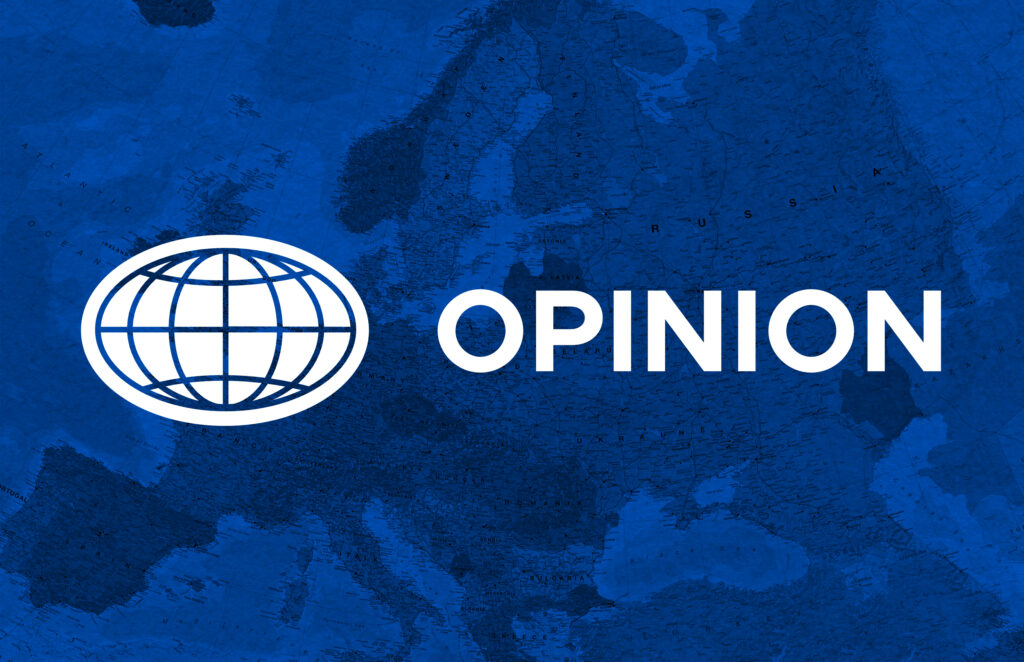Internet Can Poison Democracies. We Need Better Education.

The world has yet to grasp the full extent of the threat that the internet poses to democracies. It’s a modern-day Wild West, where unchecked freedom has created a powerful platform for individuals who, in a pre-internet world, would never have had such an audience. These people stoke fears, manipulate pain, and connect them to toxic ideologies, spreading dangerous misinformation at a scale previously unimaginable.
Freedom of speech, in theory, rests on the idea that good ideas will naturally outshine bad ones. Yet in reality, it is often the opposite. It’s far easier to launch a lie than to counter it with truth. By the time the truth has come to light, millions may have already consumed the falsehood. The human brain isn’t wired to automatically fact-check everything it encounters—especially when misinformation reinforces our pre-existing beliefs, justifies our fears, and absolves us of responsibility.
In Finland, children are educated from a young age about the dangers of online manipulation. From primary school onwards, they are trained to critically evaluate what they see on the internet, practicing fact-checking as a basic skill. This kind of education is alarmingly absent in most parts of the world. But the problem doesn’t just lie with the platforms—it’s also an issue of public education.
We are only beginning to discover the true impact of the internet, and the profound changes it demands in our approach to education. If we fail to adapt, we risk allowing this powerful tool to become a poison, damaging the very foundations of our societies.
The internet is like a knife—an incredible tool for progress when used properly, but dangerous in the hands of someone who doesn’t understand its risks. Only through better education can we ensure that the internet remains a tool for democracy, rather than a weapon against it.